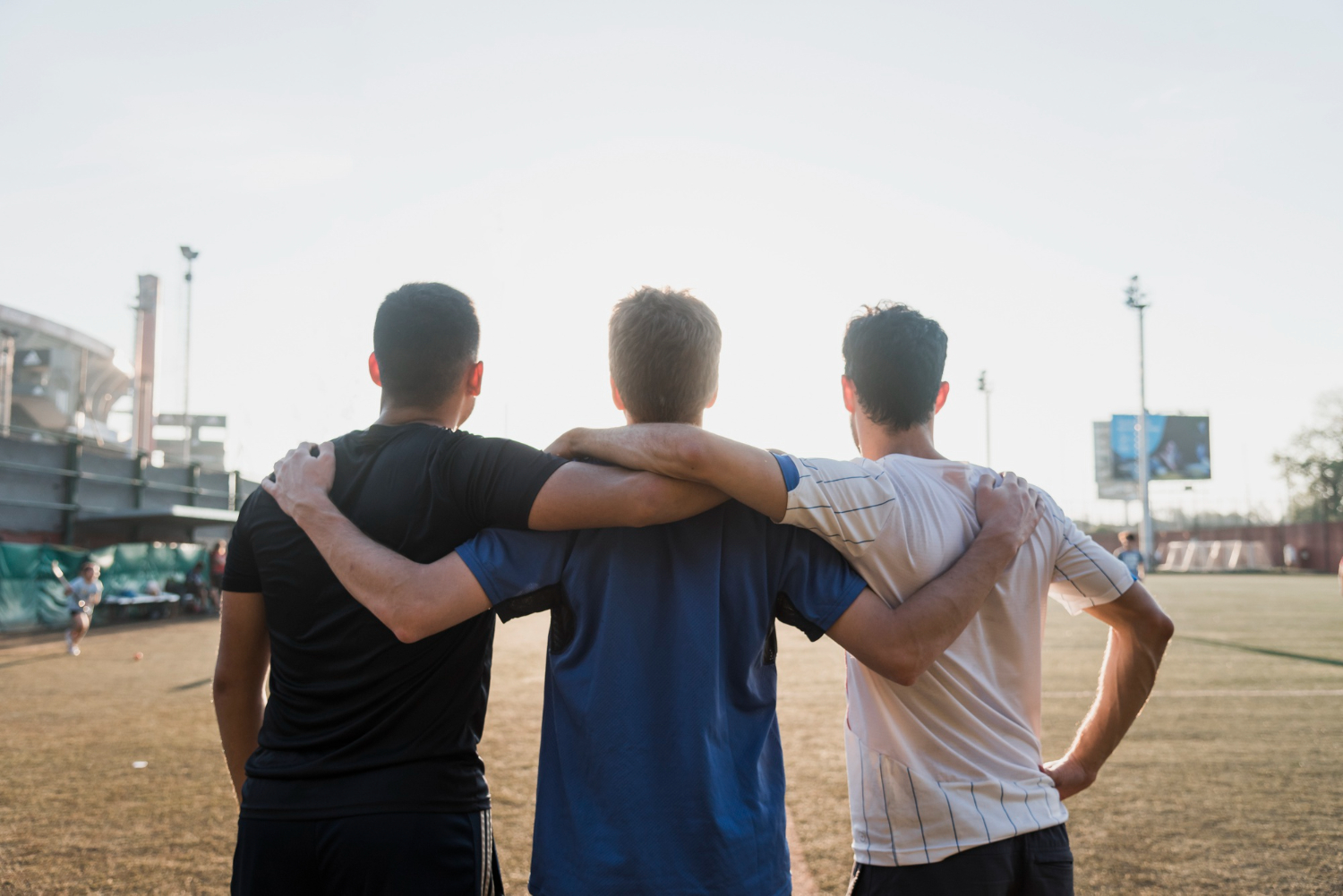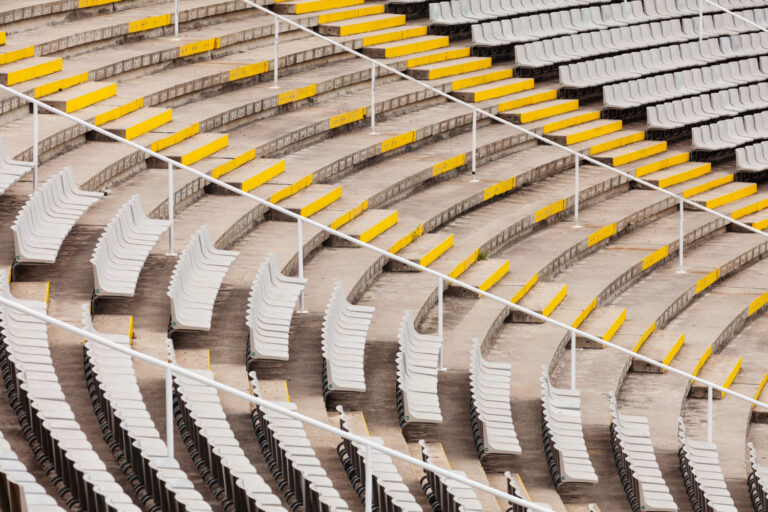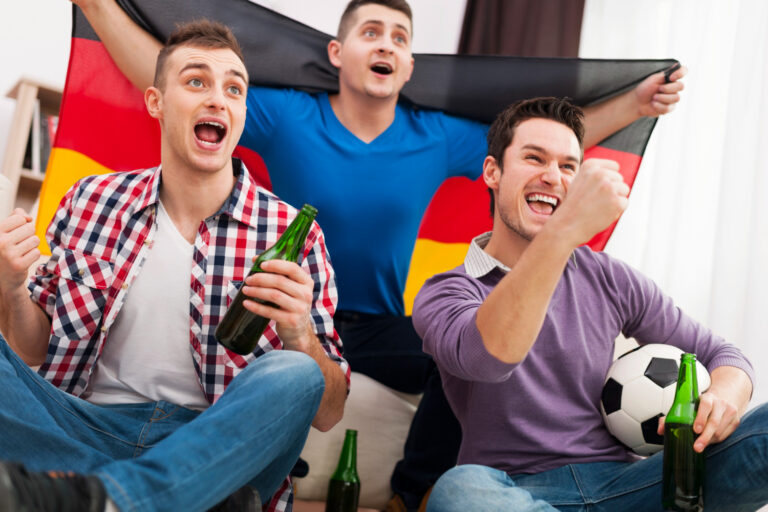How Football Brought Our Neighborhood Together
There was a time when the only thing my neighbors and I had in common was the space between our houses. We knew names in passing, nodded during Sunday errands, maybe exchanged a word or two while putting the bins out. But the notion of community? That felt like something out of a movie. That is, until football brought it to life , on our very own street.
It Started with a Ball
It was a Saturday morning when the transformation began. A scuffed-up ball rolled into my driveway, chased by two kids I didn’t recognize. I tossed it back, expecting them to disappear as quickly as they came, but they stuck around, chatting animatedly about the Premier League and arguing over whether Salah or Haaland was the better player. I asked them where they lived. “Just a few doors down,” they replied.
That innocent moment cracked open something. By the following weekend, there were four kids playing. Then six. Then ten. My driveway and the patch of grass by the corner lamp post turned into makeshift goals. The volume of banter and laughter grew. Adults began noticing. Some of us leaned on fences and watched. One brought out lemonade. Someone else brought a portable speaker. Slowly but surely, we weren’t strangers anymore.
The Unofficial Street League
Soon, an informal street league emerged. Sides formed not by age, but by geography , upper end vs lower end of the street. Team names were chosen. Handwritten scoreboards taped to someone’s garage wall recorded every game. What started as casual kickabouts grew into scheduled matches every Saturday afternoon. There were captains, a borrowed referee whistle, and even a “player of the week” paper certificate that made its rounds with pride.
People who had never spoken before were suddenly standing shoulder to shoulder, cheering on the same team or teasing each other good-naturedly. The shy teenager from Number 9 turned out to be a deadly left-footed striker. The retired man from Number 2 , who we all assumed preferred solitude , surprised us with stories about playing semi-pro football back in the ’80s.
Barriers started falling. We began sharing meals after matches. Parents who used to barely wave began sitting on foldable chairs together, swapping stories about childhood clubs and showing off their old jerseys. Football became the common tongue we didn’t realize we all spoke.
More Than a Game
What stood out was how the game managed to reflect and repair the fabric of our lives. There were families new to the country who hadn’t yet found their footing. Football gave them a way in , no complex introductions necessary. A ball at your feet and a teammate at your side was all it took to belong.
There were disagreements, too, of course. Fouls that weren’t fouls. Offsides debated with the intensity of courtroom drama. But instead of causing rifts, these spats created moments of connection. They gave us reasons to talk, to understand one another, to find middle ground. Football became a safe space for conflict, one where the end goal was always reconciliation , because next Saturday’s game depended on it.
And slowly, things spilled beyond the pitch. When someone’s dog went missing, the entire street helped look. When a young couple welcomed their first child, others dropped off meals. When an elderly resident was hospitalized, neighbors checked in and ran errands for them. The unity football forged seeped into everyday life, stitching us together in a way nothing else ever had.
Rediscovering Joy
I’ll be honest , before all this, I had fallen out of love with the game. The professional leagues felt too commercial. Transfer sagas exhausted me. Ticket prices were outrageous. VAR had taken the spontaneity out of goal celebrations. It all felt too distant, too sanitized.
But watching our neighborhood play, I remembered why I fell in love with football in the first place. The grit, the unpredictability, the shared euphoria when someone scored a screamer , it was all right there on the cracked tarmac and uneven grass of our little street. No sponsors, no multi-million salaries. Just pure, unfiltered passion.
One afternoon, after a tight 3-3 draw, we held an impromptu penalty shootout under the fading light. Kids, teens, and adults took turns. No one cared about age, gender, or skill. We cheered every goal like it was the World Cup final. I looked around and saw something priceless: people, side by side, beaming. That moment cost nothing and meant everything.
Football as a Bridge
As weeks turned into months, something extraordinary happened: we began organizing events beyond our street. Someone suggested we challenge the next neighborhood over to a friendly. Another offered to design simple T-shirts for our team. Local businesses pitched in. A nearby bakery provided snacks; the community center gave us space for post-match socials.
Suddenly, our little football community became a hub for a much larger one. Word spread, and people who’d never considered themselves “football people” showed up just to be part of it. Some came to play, others to support, but everyone left with the same feeling , belonging.
It wasn’t just sport anymore. It was a bridge. Between generations. Between cultures. Between quiet neighbors and newfound friends. It taught us teamwork, empathy, patience. It taught us that unity doesn’t require agreement on everything , just shared respect and shared moments.
Weathering Storms
There were hard moments, too. The rainy season brought cancellations. A couple of heated confrontations tested the harmony we’d built. But the foundation was solid. We knew what we had, and no one wanted to lose it. So we adapted. Played indoors at a nearby school gym. Set up a WhatsApp group to vote on rule changes. Took turns organizing.
The challenges only deepened our sense of ownership. It wasn’t just football anymore , it was our football. Built from scratch, protected with care.
When one of our youngest players broke his arm and couldn’t play for weeks, every match began with a video shout-out to him. When an older neighbor passed away, we paused a game to observe silence in his memory. Football gave us a platform to celebrate, to grieve, to stand together , even when life knocked us down.
Changing the Way We Live
Looking back, I realize just how much football changed the way we live. I now know my neighbors not just by name, but by the sound of their laughter, the way they pass, the quirks of their game-day routines. We’ve become part of each other’s lives, woven together through weekly rituals and shared touchlines.
Birthdays are celebrated with football-themed cake. Vacations are planned around tournament weekends. Our kids now think it’s normal to spend weekends surrounded by community , they’ll grow up believing that neighborhoods should feel this connected.
And every now and then, I catch someone walking by our street, slowing down as they pass. They see the crowd gathered, the goals set up, the cheers erupting after a goal , and I know they’re feeling it too. That old, familiar magic. That promise that football, even at its most humble, still has the power to unite.
A Game Worth Playing
I sometimes wonder what would’ve happened if that ball never rolled into my driveway. Would we still be distant, walled off by polite nods and silent dinners? Would the kids have found another patch of land, another corner of community?
Maybe. Maybe not.
What I do know is that football cracked something open. It reminded us that humans are meant to connect, and that connection doesn’t always need deep conversations or planned dinners. Sometimes, it only takes a shared goal , in every sense of the word.
We didn’t just play football. We built something together. And for that, I’ll always be grateful.
Because long after the final whistle blows, the bonds we’ve made remain. Strong. Real. Unshakable.
And it all started with a ball.







